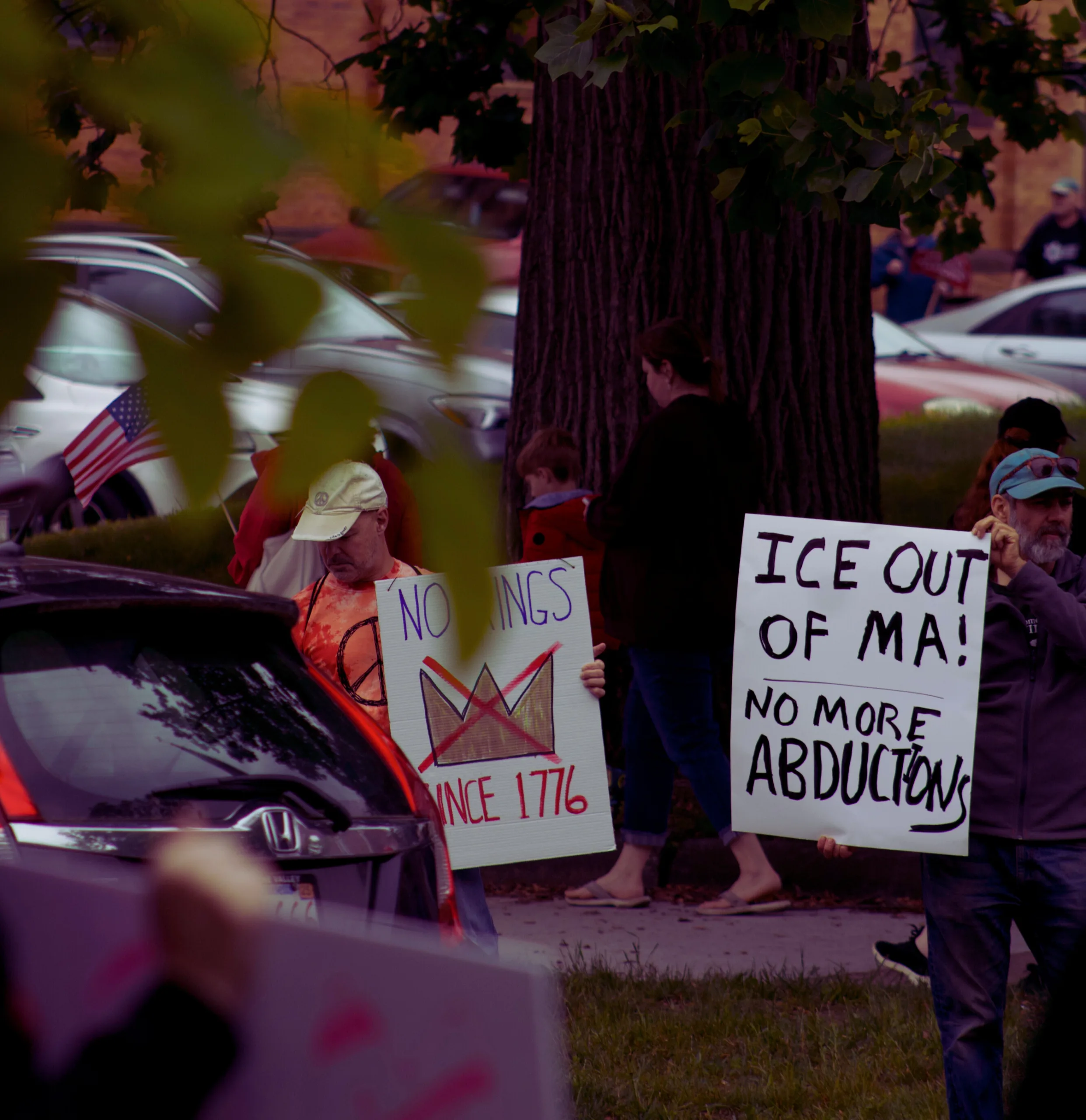Refugees of Fear: Migration Shouldn’t Hurt Twice

June 20 is not just another date. It is a global cry for those who have had to flee without wanting to leave. But it is also an uncomfortable echo for countries that promise asylum while building cages. The United States—a nation many of us saw as a symbol of protection—has begun to mirror the very persecution it once claimed to fight.
I am a migrant. I came to this country fleeing violence in Colombia—an institutional persecution that not only stripped me of my job but also took away a part of my faith in the system. I came seeking refuge, unaware that I would also have to keep hiding here. Like many other women, I carried in my suitcase the names of my children, the weight of my grief, and the hope for a second chance.
Today, under the policies reinstated by Donald Trump’s administration, thousands of migrants are once again being pushed toward the abyss. Instead of answers, we face raids. Instead of protection, we face interrogations. Instead of integration, we are met with fear.
Massachusetts has historically been one of the most organized states in defending immigrant rights. Cities like Boston, Somerville, Lawrence, and Lynn have declared themselves sanctuary cities, pledging not to cooperate with ICE in deportation operations. However, today, they are the target of a silent, systematic offensive from the federal government.
These attacks don’t always arrive with sirens. Sometimes they come disguised as audits, legal threats, or budget cuts. According to recent data from local organizations, deportations in Massachusetts have doubled in the past year. People are being arrested on their way to work, at bus stops, in hospitals, and—most painfully—teenagers are being detained while walking to school.
Watching our youth handcuffed with their backpacks still on, seeing parents detained without the chance to notify anyone, seeing young children left alone in cars as their caregivers are arrested… this isn’t just inhumane—it’s cruel, calculated, and profoundly racist. What’s happening are not isolated incidents. It is a policy of emotional, economic, and symbolic
extermination.
What hurts the most is what isn’t said in the news. No one talks about what happens after crossing the border. No one talks about retraumatization. Migrating isn’t just about leaving a country—it’s about rebuilding yourself in the midst of grief, exclusion, and surveillance.
Many of us arrive with open wounds. But instead of support centers, we find cold offices where our name becomes a case number. Instead of empathy, we are met with distrust. Instead of care, a system that places us once again in the position of suspects.
The conditions in detention centers are inhumane—cells without ventilation, lack of medical care, isolation, shackles on feet and hands. People in fragile health, pregnant women, elderly migrants—all treated as national security threats.
I am deeply concerned by how many Latina mothers are being forced to carry and give birth under extreme pressure, surrounded by fear. Pregnancy should be a time of care, of hope. But in our communities, it has become an act of survival. The body reacts with anxiety, insomnia, complications. Giving birth in fear is a form of institutional violence.
The harshest truth is that this system doesn’t function alone. It is fed by hateful rhetoric—from political leaders who use our stories as electoral bait. Far-right narratives have normalized the dehumanization of migrants, especially Latinx migrants. We are labeled as «burdens», «invaders», «criminals», «illegals.»
But we are none of those things. We are essential workers, mothers, students, artists, farmers, caregivers, and dreamers. What’s at stake is not just our legal status—it’s our dignity, our identity, our right to be treated as human beings.
Racial discrimination has surged alarmingly. Verbal attacks in public spaces, denial of services, policing of our accents, hyper-surveillance in Latino neighborhoods… all of this creates a toxic environment that makes us sick and silences us. We live in a country that claims to value freedom, but does not yet know how to coexist with difference.
In this context, art has become our only safe place. At Casa de Artesanos, we have seen how community art can become collective medicine. Painting, writing, photographing, sculpting—these are not luxuries. They are urgent needs. They are the way we reclaim our voice, our memory, our dignity.
I’ve seen women embroider their grief. I’ve seen young people portray their pain with dignity. I’ve seen entire communities begin to heal by telling their stories. Art is the space where we become whole again. Where tears turn into color. Where what once hurt in silence becomes a shared cry.
Art is also testimony that we exist. That despite exile and persecution, we will not surrender.
Today, on World Refugee Day, we do not celebrate. But we do remember. We name. We resist. We continue building support networks, defending our cities, our bodies, our dreams.
Migration is not a crime. Seeking protection should not be punished. Living without fear should be a universal right—not a privilege.
Our children should not grow up afraid of patrol cars.
Our communities must no longer be treated like hunting grounds.
Our families must no longer be torn apart as if they meant nothing.
Because if migrating was an act of courage, then resisting in this new territory will be too.